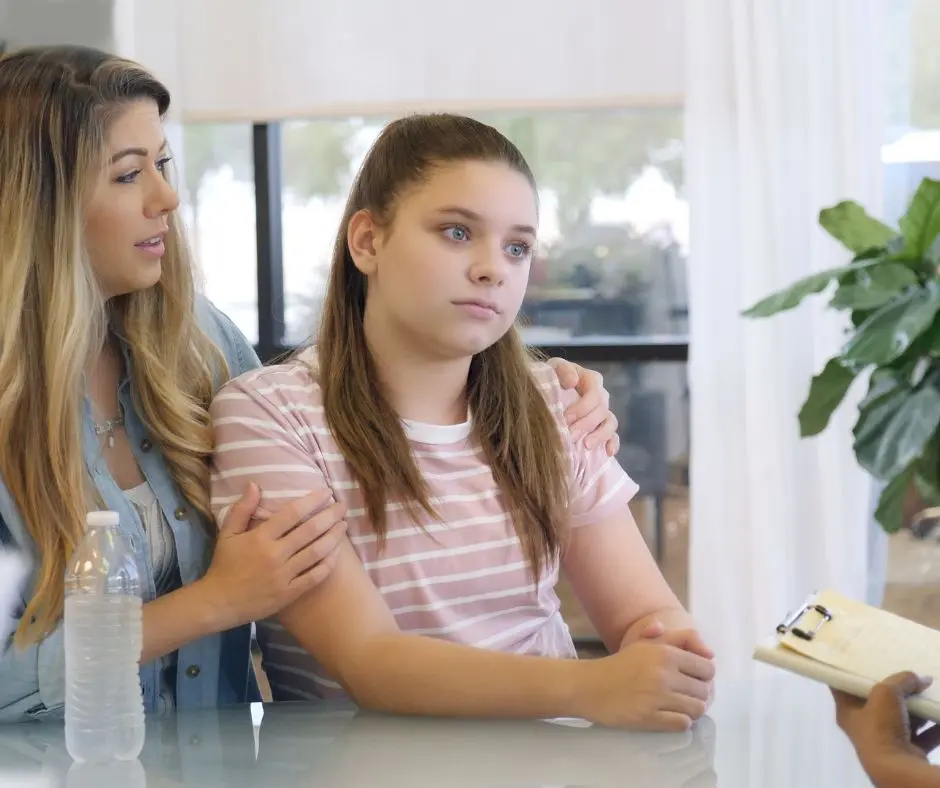When parents decide to divorce, one issue that can come up is how to approach the children’s school about what is happening at home. It’s important to recognize that your children are going to be dealing with the effects of your divorce now and for years to come.
While this is happening, their school will be will be a significant part of their lives. By working together, you and your children’s school can help provide them with support during and after your divorce.

Communication
When a family is going through a divorce it’s not something parents may want to discuss outside of close friends and loved ones. However, it would be best to let your child’s teacher know about the divorce sooner rather than later. Your child’s teacher will be with them in the classroom on a regular basis, observing them interact with peers according to their usual routine.
He or she can watch for signs of distress and provide emotional support when needed. If a teacher is unaware of the situation at home, they could misinterpret negative behaviors. Additionally, by the time your child’s stress is manifesting in the classroom, he or she may have reached a point of psychological crisis.
Although it is important to communicate, this does not mean telling your child’s teacher your side of the story or unnecessary details. You want to convey the necessary facts without offering opinions. For instance, if you and the other parent are living separately and your ex is not seeing your child, the teacher should know this information.
However, the teacher probably doesn’t need to know that you believe your ex has had numerous affairs or was a distant parent. When your child’s teacher knows the factual details, they can watch for issues and let you know if there is anything concerning going on in the classroom. The teacher can also work closely with a school counselor to support your child’s emotional needs.
If possible, you could meet with the teacher and counselor to discuss your concerns and set up a way to communicate regarding their observations.
Keeping Both Parents Involved and Informed
Parents going through a divorce may not be the best at telling one another about events or developments at school or showing each other school work and other documents. This tendency may or may not change after the divorce is final.
If possible, talk to your child’s teachers about the process they have for keeping both parents informed of educational issues and your child’s progress. If possible, find out if the teacher can send duplicate communications to both parents so that each can remain informed without having to rely upon the other.
Child Custody and Placement Orders
The court may issue temporary orders while the case is pending that establish decision-making authority or child custody and physical placement. These terms will later be incorporated into a parenting plan. In some cases, one parent may be the only one allowed to pick a child up from school, consent to sports or extracurricular activities, or enroll them in an educational institution.
In other cases, parents will share custody and placement. School administration offices need to be made aware of these orders in order to comply with them. Additionally, some parents will attempt to circumvent parenting plan terms they believe to be unfair. You need to communicate with your child’s school regarding these orders and ensure that the correct documents are on file to ensure that they can be properly upheld by the school.










